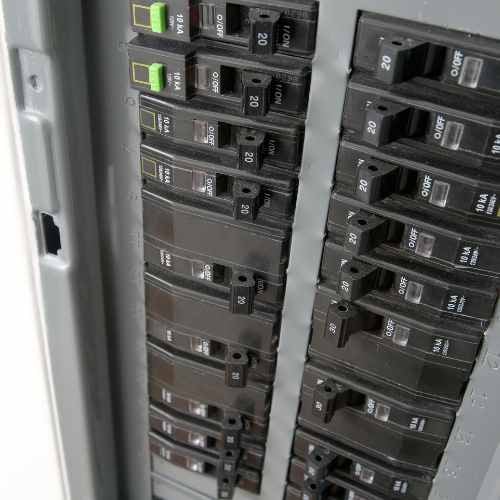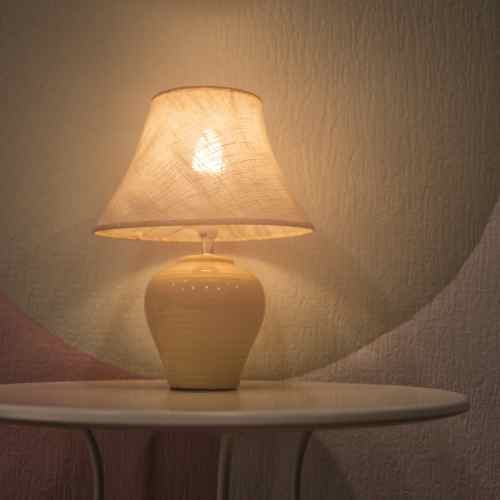The Importance of Circuit Breaker Maintenance: A Guide by the Pros
As homeowners, we often take the electrical systems in our homes for granted. From lighting up our living spaces to powering our appliances, electricity is essential to our daily lives. Yet, it's easy to overlook the health of the components that keep our electrical systems running smoothly, including our circuit breakers.
So, how often should you replace your circuit breakers?
The Lifespan of Circuit Breakers
Firstly, it's essential to understand that circuit breakers aren't immortal. Over time, they can wear out due to factors such as age, overloading, or environmental conditions. As a rule of thumb, circuit breakers should be replaced every 15 to 20 years, even if they haven't shown any signs of malfunctioning.
Attempting to replace circuit breakers yourself can be incredibly risky. Electrical work requires expertise and knowledge to ensure safety and compliance with regulations. DIY attempts might lead to electrical hazards, fires, or even severe injuries. It's always best to leave electrical tasks to the professionals.
Upgrading Your Electrical Panel
Now, let's talk about why you might consider upgrading your electrical panel, especially if you have an older home. Older homes often have outdated electrical panels that may not meet the demands of modern appliances and electronics.
An outdated electrical panel can lead to several issues, including:
-
Inadequate Power Capacity: Older panels may not support the electrical needs of contemporary households, leading to frequent tripping of circuit breakers.
-
Safety Concerns: Outdated panels might lack crucial safety features present in newer models, increasing the risk of electrical hazards and fires.
By upgrading your electrical panel, you can enhance the safety and efficiency of your home's electrical system, providing peace of mind for you and your family.

Understanding Circuit Breaker Trips
Each time a circuit breaker trips, it's a sign that something isn't right in your electrical system. But what exactly happens when a circuit breaker trips?
When a circuit becomes overloaded or experiences a fault, the circuit breaker detects the abnormal flow of electricity and "trips," cutting off the power supply to that circuit. This action helps prevent electrical fires and protects your home from damage.
While occasional tripping of circuit breakers is normal, frequent tripping indicates underlying issues that require professional attention. Ignoring repeated circuit breaker trips can lead to electrical damage, increased energy bills, and heightened safety risks.

When to Call an Electrician
If you notice any of the following signs, it's time to call a qualified electrician:
-
Frequent Circuit Breaker Trips: If your circuit breakers trip frequently, it indicates an overload or fault in your electrical system that needs to be addressed.
-
Burn Marks or Strange Odors: Burn marks or unusual odors near electrical outlets or panels suggest overheating or wiring issues requiring immediate attention.
-
Flickering Lights: Persistent flickering or dimming of lights can indicate loose connections or overloaded circuits.
Remember, electrical issues are not something to take lightly. Prompt action can prevent accidents and ensure the safety of your home and loved ones.
Your home's electrical system is a complex network that requires regular maintenance and attention. Understanding the lifespan of circuit breakers, the importance of upgrading your electrical panel, and the significance of circuit breaker trips can help you keep your home safe and efficient.
When it comes to electrical work, always prioritize safety and seek professional assistance when needed. By staying proactive and vigilant, you can enjoy a reliable and secure electrical system for years to come.




.jpg)
